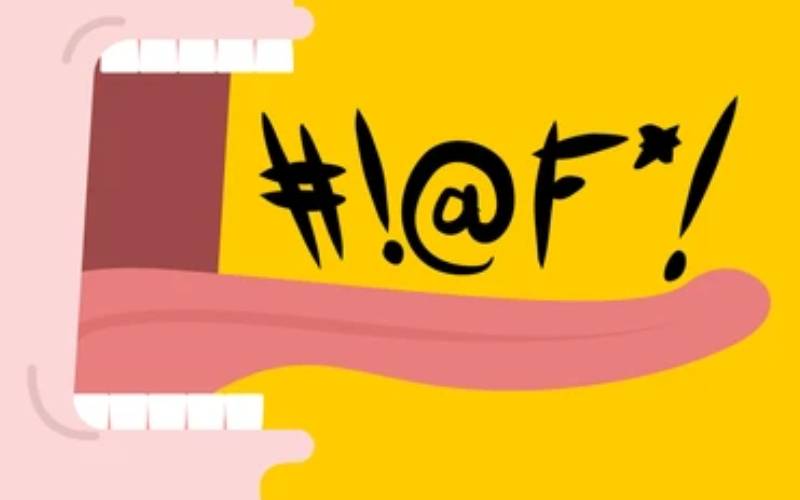×
The Standard e-Paper
Stay Informed, Even Offline

It is time that Kenyans stopped using the female body as a go-to symbol for political reasons. [Courtesy]
Not long ago, I argued in this column that election campaigns have become like a war period which makes this country a political battlefield of words and insults and where everything is weaponised.